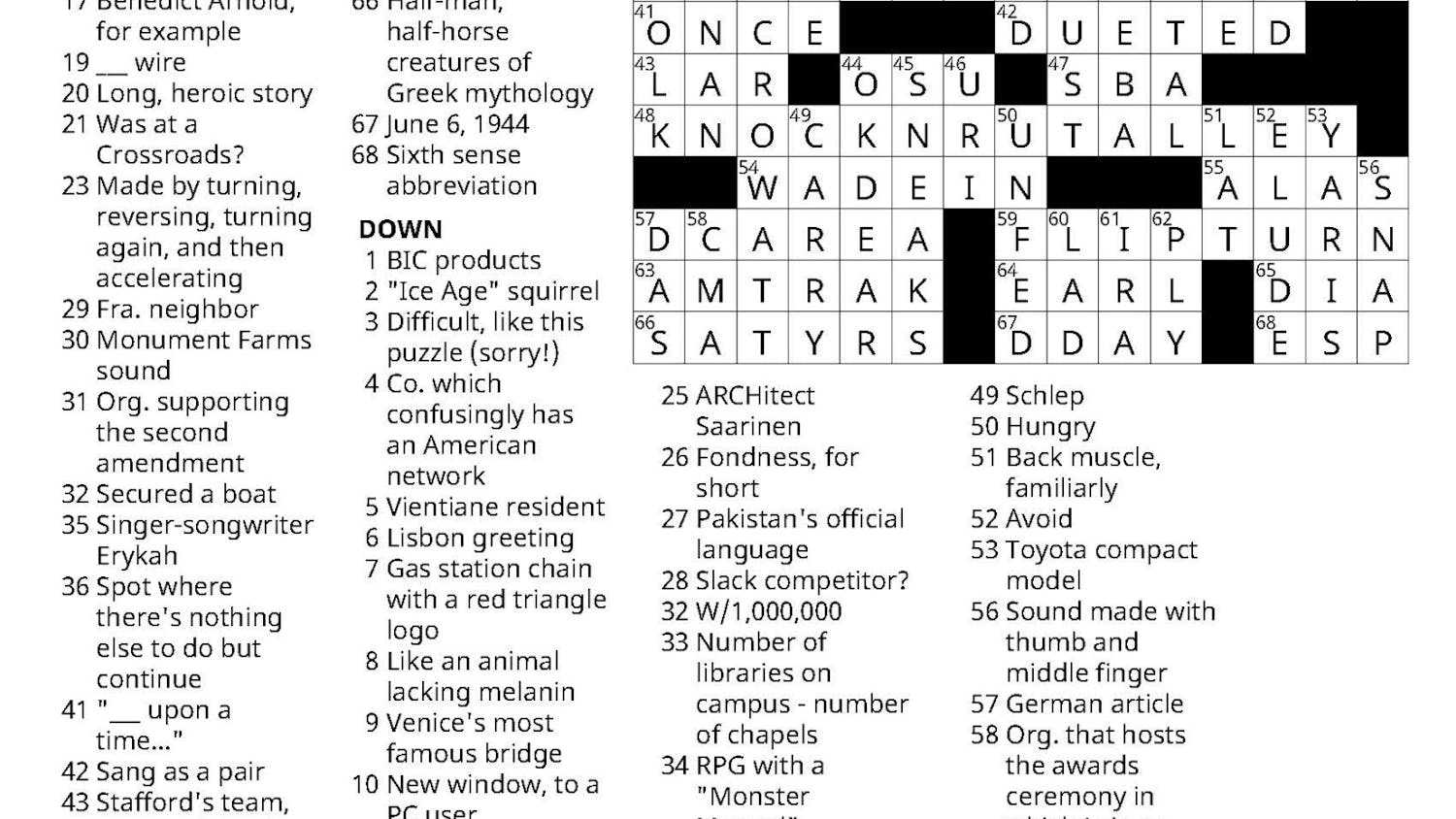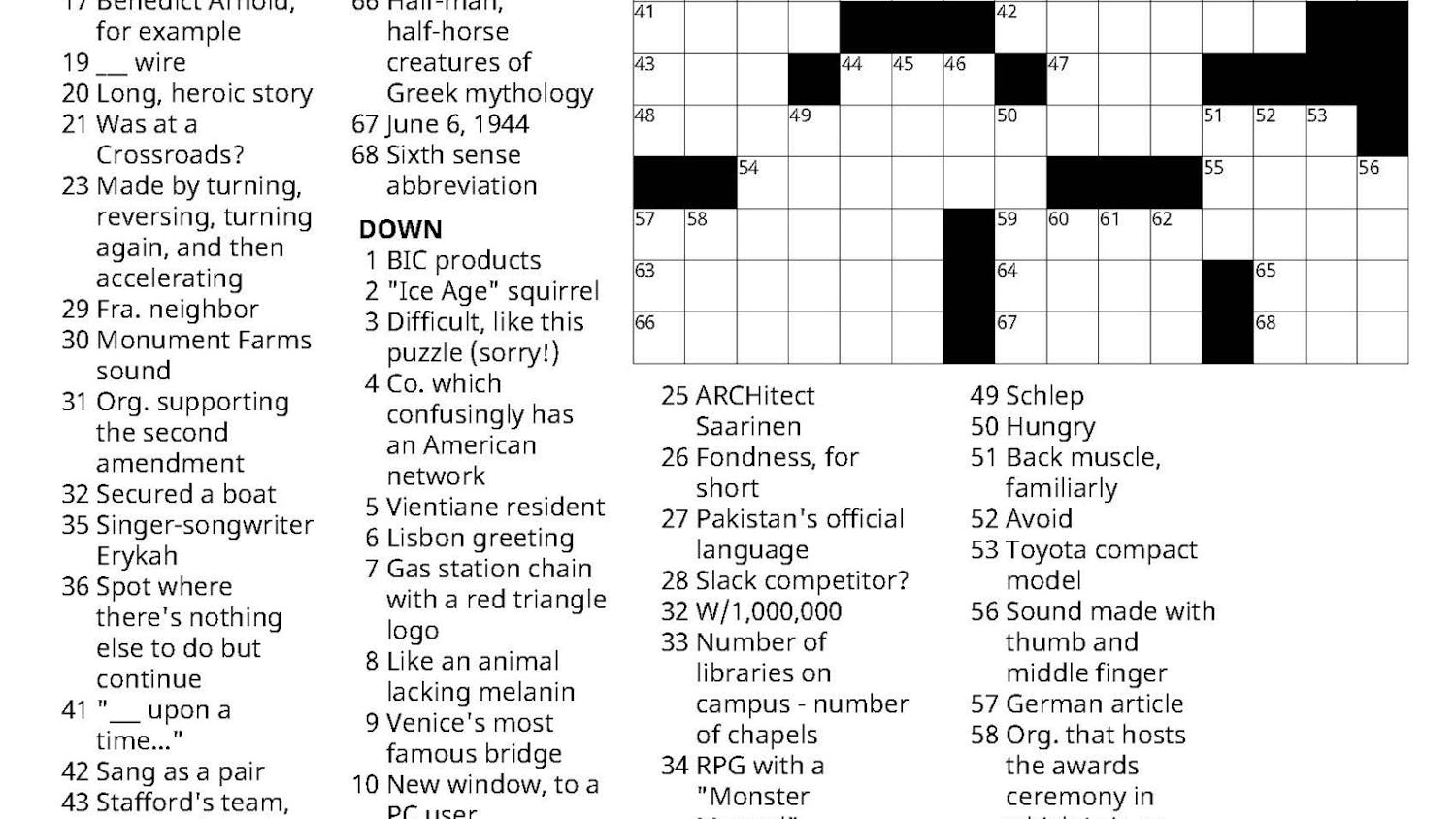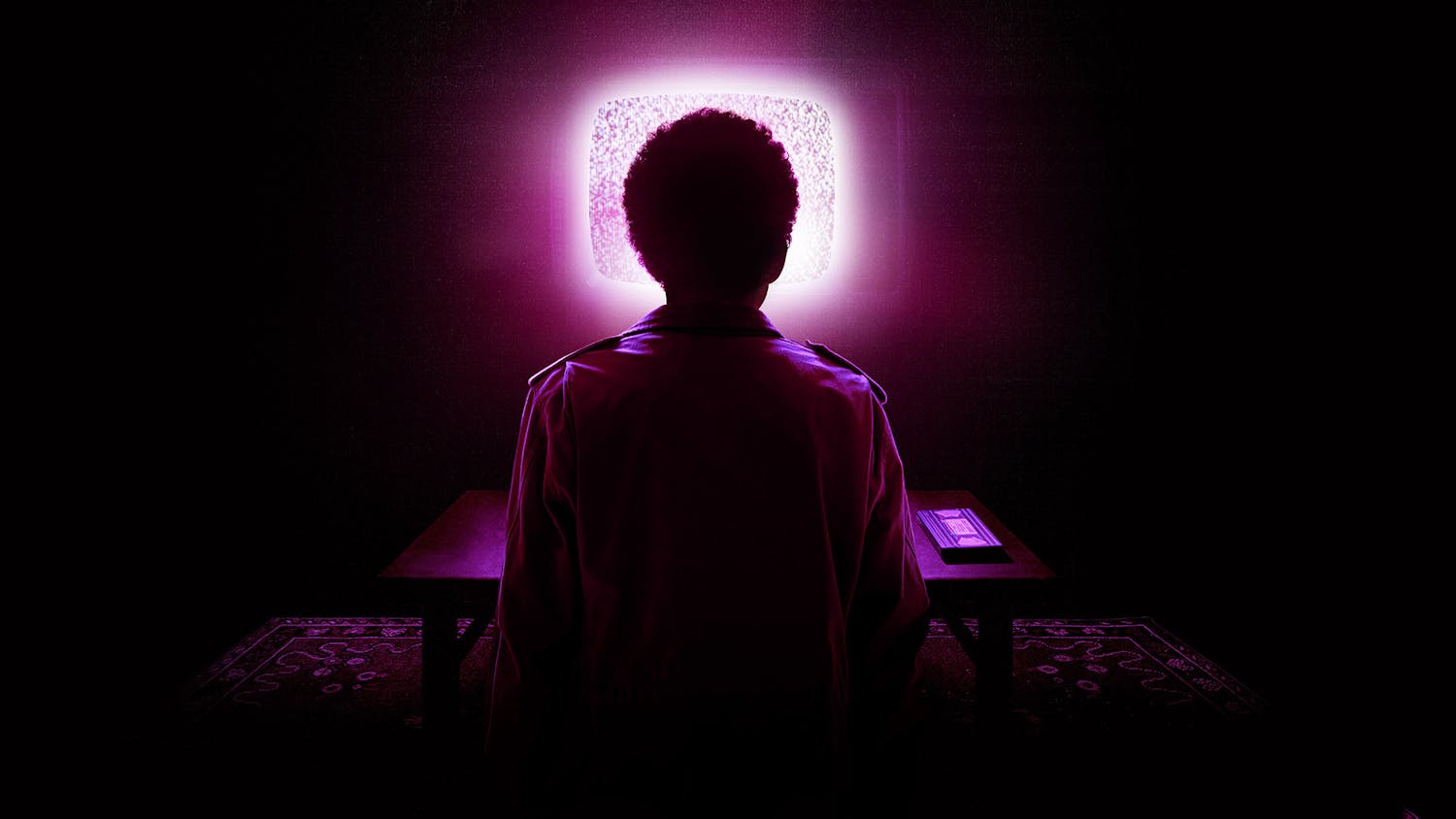On Friday, April 30 Assistant Director of the Bread Loaf Writer’s Conference Jennifer Grotz gave a reading of her work in the Abernethy Room of the Axinn Center at Starr Library.
The event was sponsored by The New England Review, Cook Commons and the Department of English and American Literatures. Grotz, an alumnus of the writer’s conference herself, entertained her audience with witty interjections dispersed between poems of cool meditations and introspective connections.
After completing her BA at Tulane Univerity in 1993, Grotz continued her education, receiving her MA in English from Indiana University and then her PhD in literature and creative writing at the University of Houston. Since then, a seemingly never ending series of fellowships and grants have allowed her to work abroad, translating poetry from the French and exploring Polish writing.
Fulton Professor of Humanities and editor of the New England Review, Stephen Donadio, introduced Grotz with reverent words that touched upon her accomplishments as a writer and her qualities as a respected colleague.
“You know more about me than my last boyfriend!” Grotz joked as she took the podium and applause faded into laughter.
Through some Hollywood-induced manipulation, poetry readings have taken on a certain stereotype: bongos, mood lighting, the poet dressed in all black, a theatrical reading, and finger snapping. True, Grotz was wearing black, but the experience of listening to her read could not have been any more different from the cliché.
As the poems began to fill the room, it became clear that Grotz’s work is the product of her own sincere way of interpreting the world around her. “You can write a poem about anything,” Grotz commented between “object poems,” or pieces that focused on a single item and yet, true to her style, expanded far beyond the object that instigated them into life.
The manner in which she read her work offered the poems objectively and allowed the audience to take them as they were and impose its own inflections. Grotz made her poetry accessible by offering honest insights about her creative process that punctuated her serious poetic musings with humor.
Her straightforward manner assured spectators that there was no “catch” to what they were hearing but that her poems were her uninhibited reactions to a certain provocation.
Following the current of Grotz’s poetry is, in a way, what makes it most interesting. She expresses a mind that can draw connections between objects and experiences that normally exist unassociated, breaking down conventional categories and defamiliarizing readers to their surroundings.
Grotz’s writing exudes a fearlessness that comes from her ability to allow a poem to explore all of the different paths of thought a source of inspiration can spark, lingering on a subject but in no way staying still.
Grotz’s first book of poetry titled “Cusp” won the Katharine Nason Bakeless Prize and the Natalie Ornish Best First Book of Poetry Prize from the Texas Institute of Letters and her second publication, “The Needle,” is forthcoming in 2011. Grotz focused her reading on poems that have been published by The New England Review to pay tribute to the event but also included poems from
“The Needle.”
Her newer writing retains her characteristic train of thought as well as the rich cultural references found in “Cusp.” However, an investigative, more playful tone veils her more recent poetry, which prompted her to describe them as “weird” in that they were created out of a process unfamiliar to her.
“I was getting bored with myself,” she explained. Later she admitted, “I honestly felt a little embarrassed reading those to you just now,” proving the intimacy of her work.
On a similar key of bashfulness, Grotz tried to deflect the attention from herself at a dinner held in her honor later that evening. During a round of introductions she cried, “You all already know everything about me!” and finally offered, “I’m recently interested in boxing. I love boxing — not playing, just watching.”
Grotz’s poems are the composite of a woman who is just as comfortable befriending a peacock at a monastery in the French countryside as she is at a feral boxing match.
Bread Loaf poet Grotz reads new work
Comments



